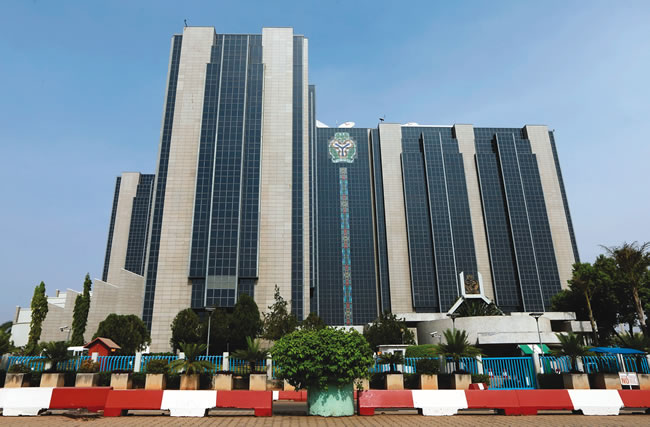CBN Revised Guidelines: Foreign Banks To Pay N15m Licensing Fee

Foreign banks operating as representative offices in Nigeria are to pay N15 million for licensing fees, the Central Bank of Nigeria (CBN) has directed in revised guidelines issued to all banks and other financial institutions.
Titled ‘Guidelines for the Regulation of Representative Offices of Foreign Banks in Nigeria,’ the document was issued on Friday, May 5 and signed by the CBN’s director of Financial Policy and Regulation Department, Muhammed Musa.
ICIR in its report stated that a representative office in the country should pay a non-refundable application fee of N5 million and a non-refundable licensing fee of N10 million.
“Consequently, all already approved/existing representative offices of foreign banks operating in Nigeria are required to ensure strict compliance with the guidelines within six months from the date of this circular,” the CBN said.
A foreign bank is an entity licensed under any foreign law and whose registered head office is outside of Nigeria.
The ICIR recalls that the apex bank had, in a circular dated October 12, 2022, signed by its director of Financial Policy and Regulation Department, Chibuzo Efobi, issued an exposure draft to solicit public comments on proposed regulations.
According to the CBN, a representative office of a foreign bank is a liaison office licensed by the CBN, whose sole object is to market the products and services of its parent company as well as serve as a liaison between the parent and a local bank, other financial institutions, private companies and the general public.
A representative office of a foreign bank serves the vital purpose of showcasing the brand and services of its parent company.
It can also stimulate foreign direct investment in the host country by connecting the capital to various investment opportunities.
“It is in view of these that the Central Bank of Nigeria issues this guideline to specify the requirements for the licensing and operations of approved representative offices of foreign banks in Nigeria,” the CBN stated.
The guidelines, it explained, apply to a bank licensed under any foreign law, whose registered head office is outside Nigeria; and any financial institution licensed under foreign rule, whose primary business includes the receipt of deposits, granting of loans and provision of current and savings accounts.
They also apply to any foreign-owned operating bank/financial holding company that is foreign-based, that owns controlling interest in one or more banks or institutions whose primary business includes the receipt of deposits, granting of loans and provision of current and savings accounts.
One of the guidelines bars representative offices from carrying out banking business or any other regulated activity in Nigeria.
It also restricts approved offices from providing services designated in Nigeria as banking business, and any commercial or trading activity that may lead to issuing invoices for services rendered.
“Any CBN-regulated entity found to be assisting, supporting, harbouring or facilitating the presence andoperations of an unlicensed international financial institution in Nigeria shall be liable to severe sanctions, including suspension or revocation of their banking licence,” the CBN also stated.
Culled from icirnigeria.org





